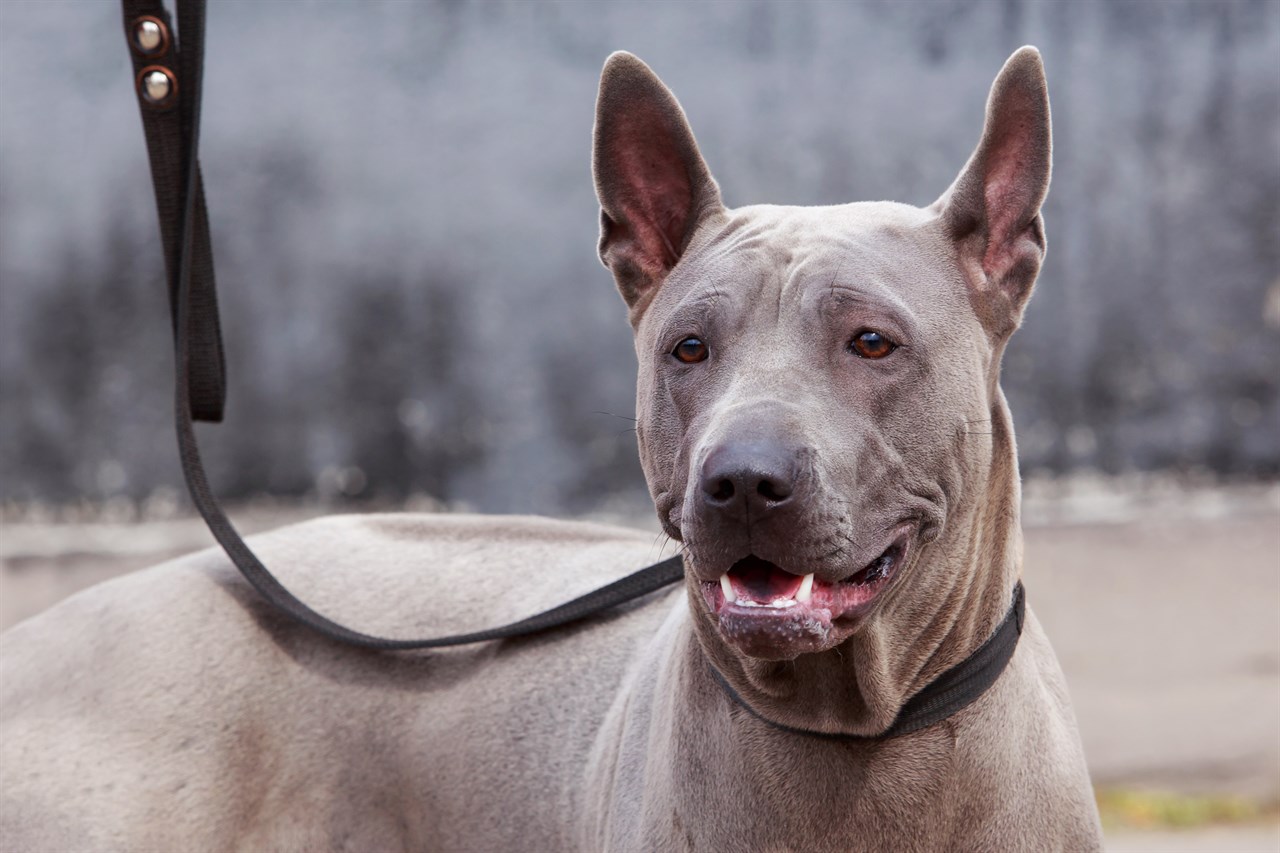Disadvantages of Ownership of the Thai Ridgeback

While Thai Ridgebacks can make excellent companions for the right owners, there are some disadvantages and challenges associated with owning this breed. It's essential to be aware of these potential drawbacks to make an informed decision about whether a Thai Ridgeback is the right fit for you.
Independence
Thai Ridgebacks are known for their independent nature. While this can be a positive trait in some respects, it can also make them less eager to please and more challenging to train, especially for novice dog owners.
Stubbornness
Their independent streak can manifest as stubbornness. Thai Ridgebacks may not always follow commands or may test boundaries, requiring consistent and patient training.
Socialisation Needs
Proper socialisation is crucial for Thai Ridgebacks to ensure they are well-behaved around other dogs and people. If not adequately socialised, they may become wary or aggressive towards strangers or unfamiliar situations.
Exercise Requirements
Thai Ridgebacks are a high-energy breed and require a substantial amount of exercise each day. Failing to meet their exercise needs can lead to restlessness and destructive behaviour.
Grooming Challenges
While they have a short coat that doesn't require extensive grooming, Thai Ridgebacks have sensitive skin in the ridge area along their backs. This area may require special attention to prevent skin issues.
Training Challenges
Training a Thai Ridgeback can be challenging, especially for first-time dog owners. Their independent and strong-willed nature requires consistent, positive reinforcement-based training methods.
Potential for Aggression
If not properly trained and socialised, Thai Ridgebacks can exhibit territorial and protective behaviour, potentially leading to aggression towards other dogs or strangers.
Separation Anxiety
Some Thai Ridgebacks are prone to separation anxiety, which can lead to destructive behaviour when left alone for extended periods.
Limited Breeders
Finding a reputable breeder of Thai Ridgebacks can be challenging in some regions, which may require travelling or waiting for available puppies.
Specific Health Concerns
Thai Ridgebacks can be prone to certain health issues, including hip dysplasia, elbow dysplasia, dermoid sinus, and hypersensitivity to anaesthesia. Potential owners should be prepared for potential health care expenses.
Not Ideal for Apartment Living
Due to their high energy levels and exercise requirements, Thai Ridgebacks are generally not well-suited for apartment living unless the owner is committed to providing ample daily exercise.
In conclusion, owning a Thai Ridgeback can be a rewarding experience for individuals or families who are experienced dog owners, have an active lifestyle, and are willing to invest time in training and socialisation. However, it's essential to be aware of the breed's challenges, including their independence, exercise needs, and potential for stubbornness or aggression. Prospective owners should carefully consider their ability to meet these challenges before bringing a Thai Ridgeback into their home.
Thai Ridgeback puppies for sale
- Find Thai Ridgeback puppies for sale in ACT
- Find Thai Ridgeback puppies for sale in NSW
- Find Thai Ridgeback puppies for sale in NT
- Find Thai Ridgeback puppies for sale in QLD
- Find Thai Ridgeback puppies for sale in SA
- Find Thai Ridgeback puppies for sale in TAS
- Find Thai Ridgeback puppies for sale in VIC
- Find Thai Ridgeback puppies for sale in WA